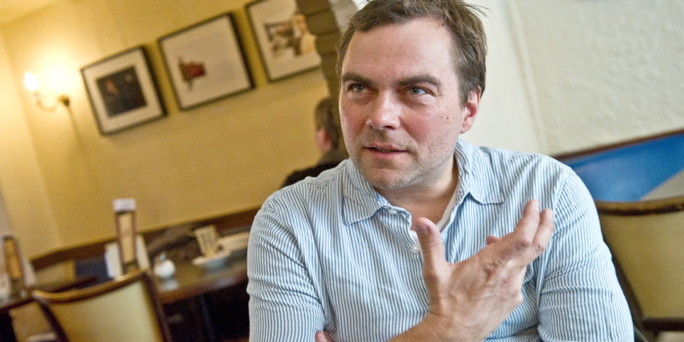Support VDARE's Legal Defense Fund!
Support VDARE's Legal Defense Fund!

The New York Attorney General has crippled VDARE with onerous subpoena demands. Now, more than ever, we need your support to fight back against this continuing lawfare.
To make a tax deductible donation by mail, please use the following address:
- The VDARE Foundation
- PO Box 211
- Litchfield, CT 06759
Visit our campaign page to contribute to our defense fund. Every donation helps us continue our mission and stand firm against these pressures.
Stand with us, stand for free speech!












